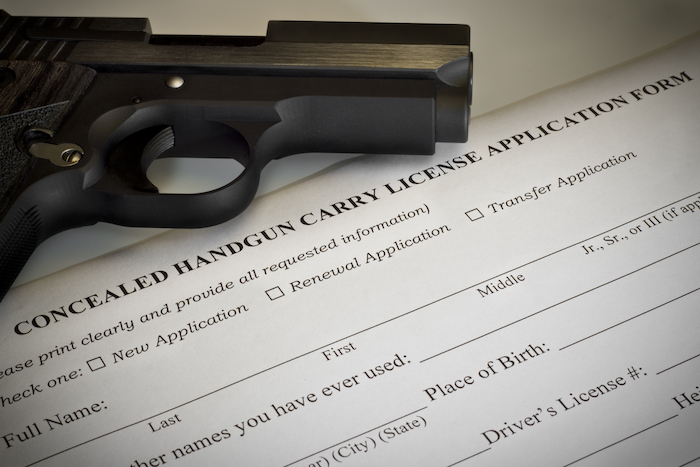
Blog
SB-2 CCW: California’s Concealed Carry Weapon Law Explained

California has notoriously strict gun control laws, and one area where it is particularly stringent is in its regulations surrounding concealed carry permits. However, in September 2021, California Governor Gavin Newsom signed Senate Bill 2 into law, which aims to streamline the process for obtaining a concealed carry license in the state. This article delves into the details of SB-2 CCW, providing an overview of the law and what it means for California residents.
What is SB-2 CCW?
Senate Bill 2, also known as SB-2 CCW, is a law designed to simplify and standardize the concealed carry weapon (CCW) permit process throughout California. The primary objective of this legislation is to establish a statewide standard for issuing CCW permits, ensuring consistency across all counties within the state.
Before SB-2 CCW, the process for obtaining a CCW permit varied significantly from county to county in California. Each county had its own set of rules, guidelines, and requirements, making the process both complex and unpredictable. SB-2 CCW aims to eliminate these inconsistencies by establishing a standardized set of criteria that counties must adhere to when processing CCW applications.
What does SB-2 CCW change?
Under SB-2 CCW, California counties are now required to issue a CCW permit to an applicant who meets certain basic criteria. These criteria include:
1. Completion of a firearms safety training course: SB-2 CCW mandates that applicants must complete a minimum of eight hours of firearms safety training. This training can be provided by a licensed instructor and should cover topics such as firearm laws, safe handling practices, and marksmanship.
2. Good cause statement: Applicants must provide a “good cause” statement explaining why they need a CCW permit. Previously, the interpretation of “good cause” varied greatly among counties, often resulting in arbitrary denials. SB-2 CCW aims to address this issue by establishing a uniform definition of “good cause.” Examples of acceptable “good cause” reasons include personal protection, self-defense, and employment-related security needs.
3. Background check and fingerprinting: As with any firearm-related application, SB-2 CCW requires a thorough background check and fingerprinting. County sheriffs or police departments are responsible for conducting these checks to ensure that applicants do not have a criminal record or history of domestic violence.
It is important to note that while SB-2 CCW establishes consistent criteria for CCW permits, it does not guarantee approval. Each application will still be assessed on an individual basis, and counties have the discretion to deny a permit if the applicant is found to be unsuitable or poses a danger to public safety. However, the law aims to ensure that denials are based on objective criteria and not subjective interpretations.
Impact of SB-2 CCW
SB-2 CCW represents a significant change in California’s concealed carry landscape. By establishing a statewide standard for CCW permits, the law seeks to create consistency and fairness in the application process. It eliminates the wide variation in requirements and interpretations that previously existed, providing a more predictable and understandable path for applicants.
The law also aims to address the long-standing issue of arbitrary denials. With a standard definition of “good cause” and clearer guidelines for background checks, SB-2 CCW seeks to ensure that denials are based on objective reasons and not personal biases or inconsistent interpretations of the law.
However, it is important to note that SB-2 CCW has its critics. Some argue that the law still maintains restrictive measures that make it difficult for law-abiding citizens to exercise their Second Amendment rights. They argue that requiring “good cause” statements and imposing strict training requirements place an undue burden on individuals who wish to carry.
According to California’s SB-2 laws, you cannot carry a concealed weapon (CCW) in the following places:
1. Schools, including K-12 schools, colleges, and universities.
2. Public buildings, such as courthouses, public libraries, and government facilities.
3. Government buildings that conduct business with the public, including state and federal offices.
4. Private properties where the owner has prohibited the carrying of firearms, either through signage or verbal notice.
5. Airports, except when following proper procedures for declaring and checking firearms.
6. Secure areas within public buildings, like airports and government facilities, where access is restricted by security screening or metal detectors.
7. Federal buildings or properties, including military bases, national parks, and post offices.
8. Polling places during elections.
9. Any location where the carrying of firearms is prohibited by federal law.
10. Any other location specifically prohibited by state law, such as secure areas of hospitals or public transportation vehicles.
11. Churches and other places of Worship.
